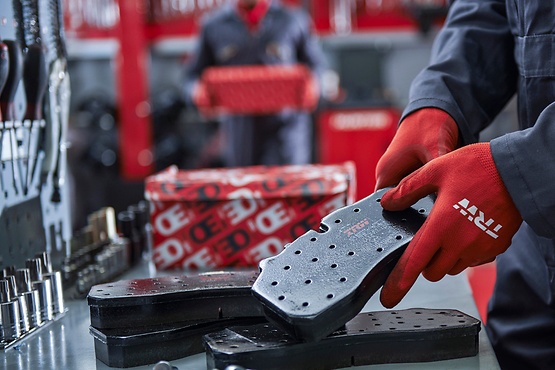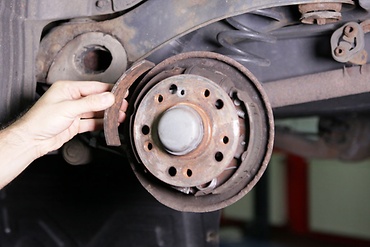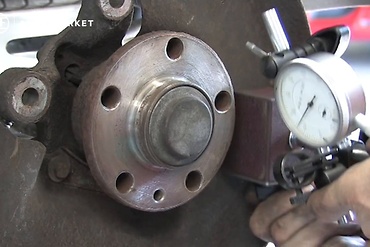
Brake pads are a vital component of your vehicle’s braking system and are responsible for halting the motion of your car. By prolonging the usable life of brake pads, you save money and ensure safer driving for yourself and others on the road. This article will discuss several practical methods of how to increase the brake pad's durability and retain the best performance.
Driving slowly and avoiding sudden braking can significantly extend the lifespan of your brake pads. Rough driving, rapid starts and excessive braking all add unnecessary strain to your braking system. By maintaining a steady speed and anticipating traffic conditions, you’ll use your brakes less frequently and save on maintenance costs.
When approaching or driving downhill, use engine braking on hills. While going downhill, use the engine brake to your benefit. This technique entails changing to a lower gear, giving the compression force inherent in the engine a chance to slow the vehicle. Since engine braking lessens the pressure on your brake pads when going down cliffs and over prolonged downslopes, it avoids the problem of the brakes getting too hot.

Maintaining your brake system is essential for prolonging the life of your brake pads. This includes cleaning brake components to remove dirt, inspecting and greasing them, and checking for signs of wear and tear. Regular maintenance helps identify any worn parts or potential defects, ensuring your braking system operates smoothly and safely.
The techniques of defensive driving enhance your safety on the road and make your brake pads last longer. Keep enough space between you and the other vehicle, consider the movements of other drivers on the road and be ready to slow down. The former minimizes the occasions that require ‘panic’ braking, which exposes the brake pads to faster wear.
The modern vehicles have a warning light on the instrument cluster that is especially meant for showing that the brake pad is low. This light notifies you when your brake pads are thin to a given level, informing when it is time to have your brakes checked and replaced. It is significant not to negate this warning as it informs you that your brake pads require service. Failing to do so will result to further damaging your braking system and thus, it is important to respond quickly
The best thing which a driver should do always is to make use of gentle and progressive braking. It is the technique of applying a light touch on the brake pedal just before your desired stopping point instead of suddenly stomping on the brake pedal. Gradual application of brakes allows the wear out to be divided evenly distributing it to the brake pads as well as the rotors thus making them last longer.

Many times, people do not pay attention to this aspect, but the replacement of brake fluid is necessary to maintain the condition of the entire braking system. Recognizing the importance of brake fluid helps ensure effective braking and prevents potential corrosion of brake components due to moisture in the brake fluid. It is best to go through your vehicle's manual to identify the appropriate intervals for brake fluid replacement.
Avoid overpacking your car beyond its rated carrying capacity. The heavier your car, the more brake force is needed, leading to quicker wear of brake pads and rotors.
It is therefore important that the braking system of your car be checked by a professional mechanic often. These inspections can help find potential problems before they become large ones, thus, your brake pads or other parts can be checked for wear. Most professionals suggest that you should inspect brakes at least once annually or, more precisely, every 12,000 miles.
How-to-guide
Frequently Asked Questions
In general, it’s suggested that one should always check brake pads every time he or she changes the oil, or at worst, twice a year.
Some of the visible signs include high-pitched sounds when stopping or scraping sounds, low braking effectiveness, and a light on the dash that indicates the brakes are low.
Driving with bad brake pads can cause brake failure leading to fatal accidents or other monstrous incidences. If you are in doubt about your brake pads, then consider having them checked as soon as possible.
The durability of the brake pads depends on how the car is used and the environment that it is used in but on average it would need a change of brake pads between 30,000 and 70,000 miles.
It is important to use the brake fluid of the proper type because if not, brake components can be damaged, and you will have issues with your braking system.
Another factor that can lead to the fast use of brake pads is extreme temperatures such as heat in this case. Also, rainy or snowy weather implies more often aggressive driving, which results in wearing off the pads quickly.
ZF Aftermarket product range
Discover the complete portfolio of brakes in our product catalog.

